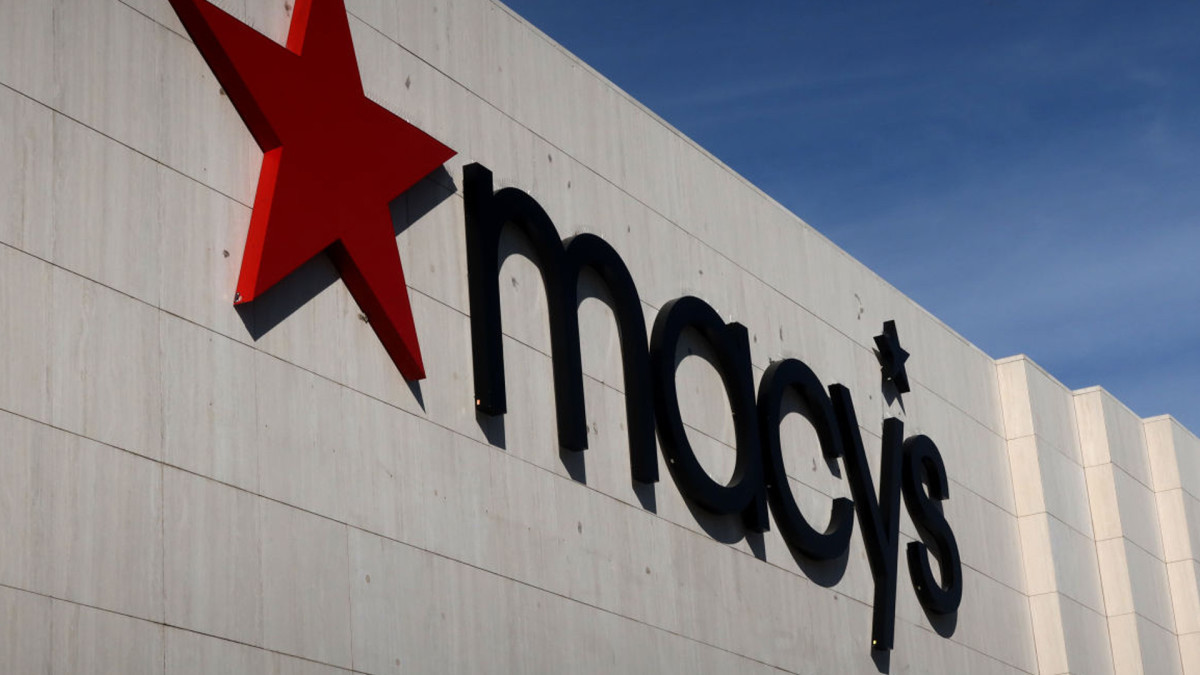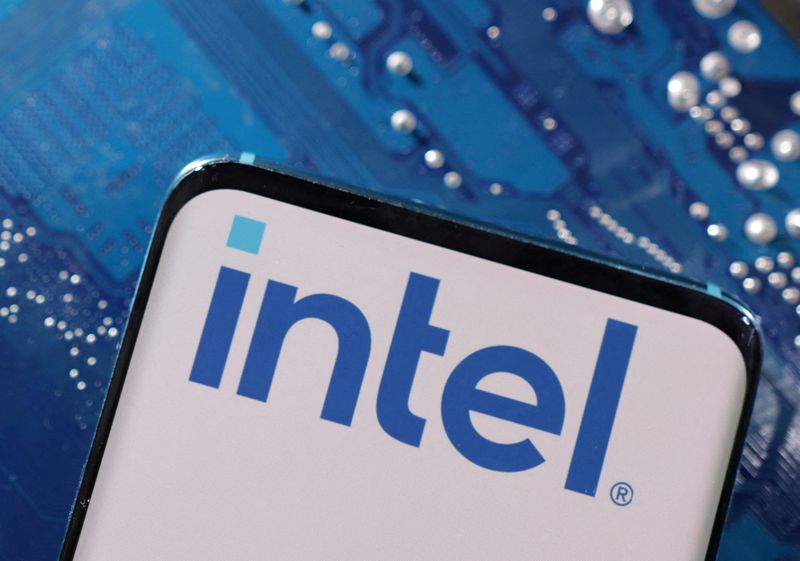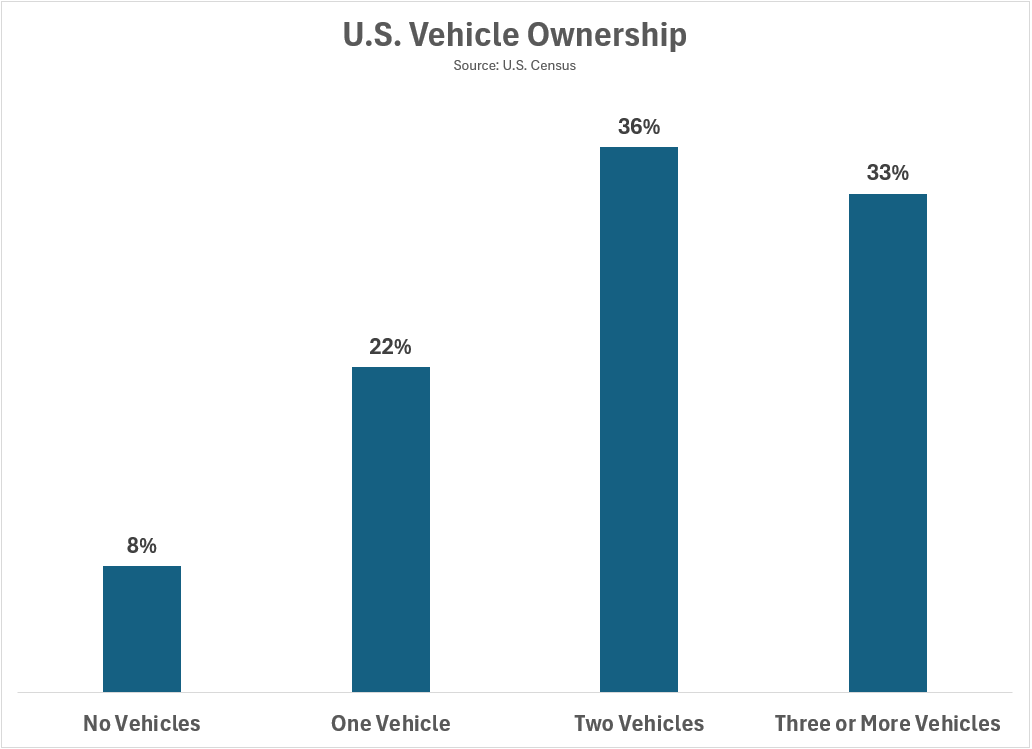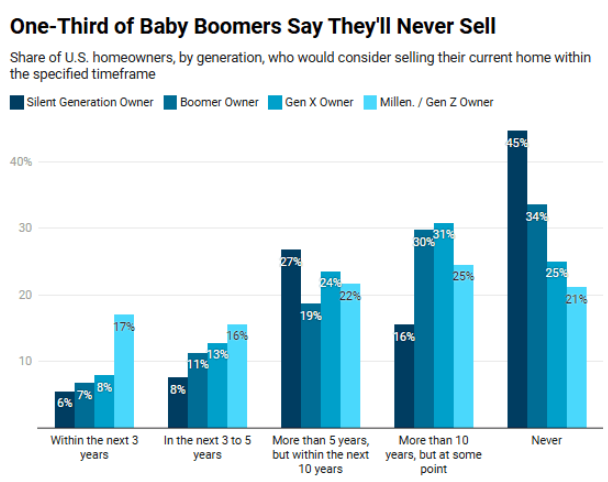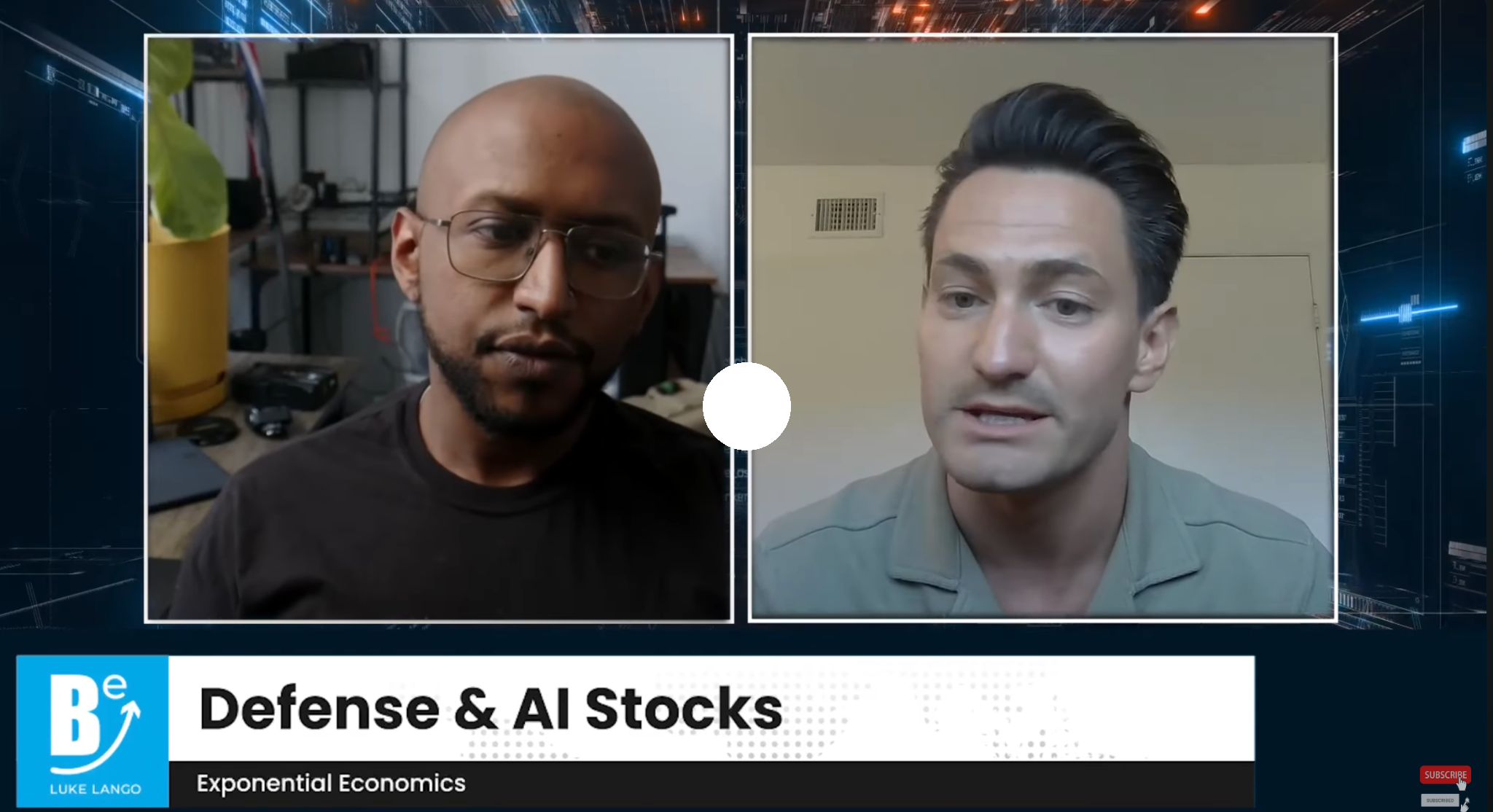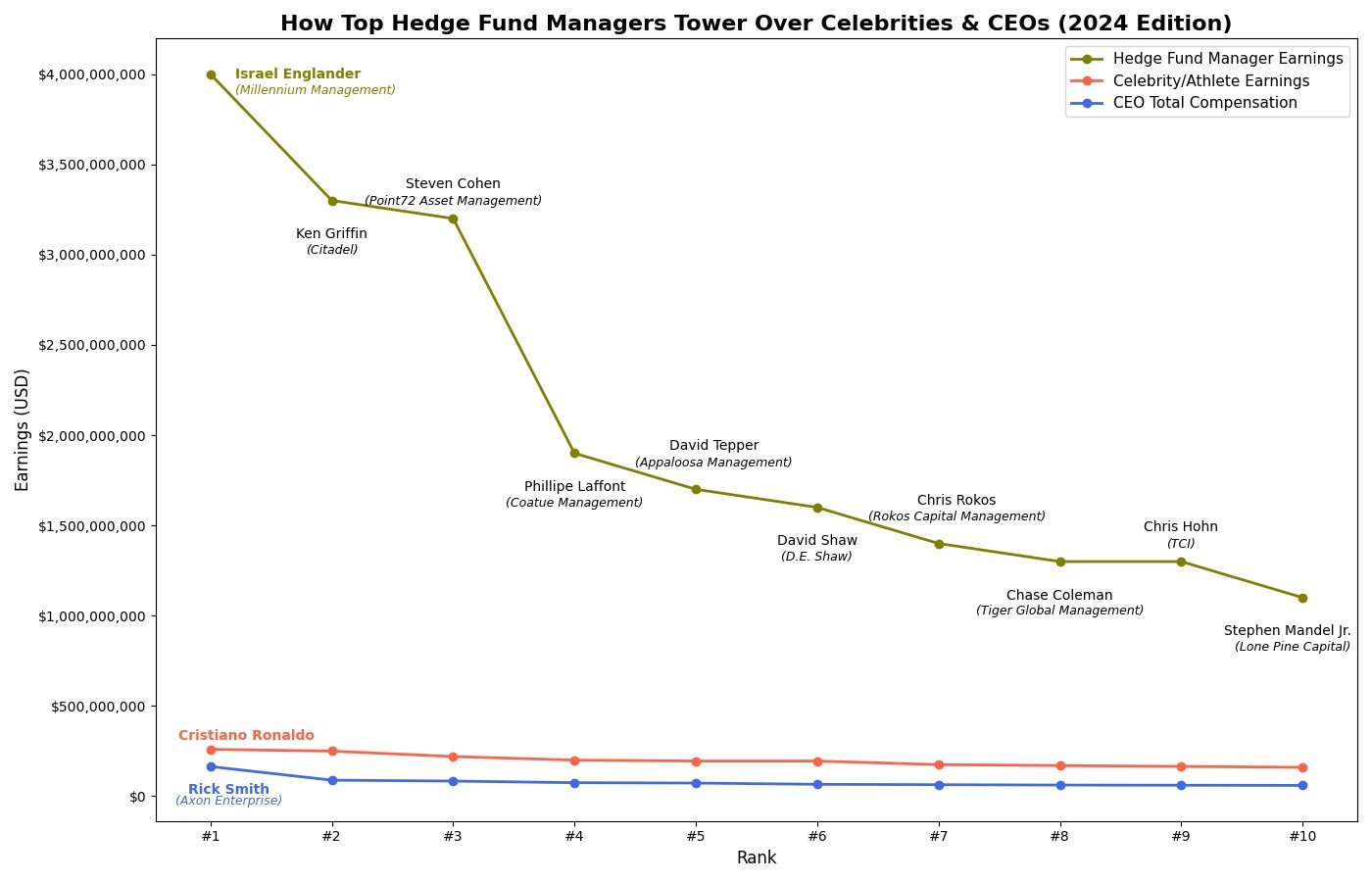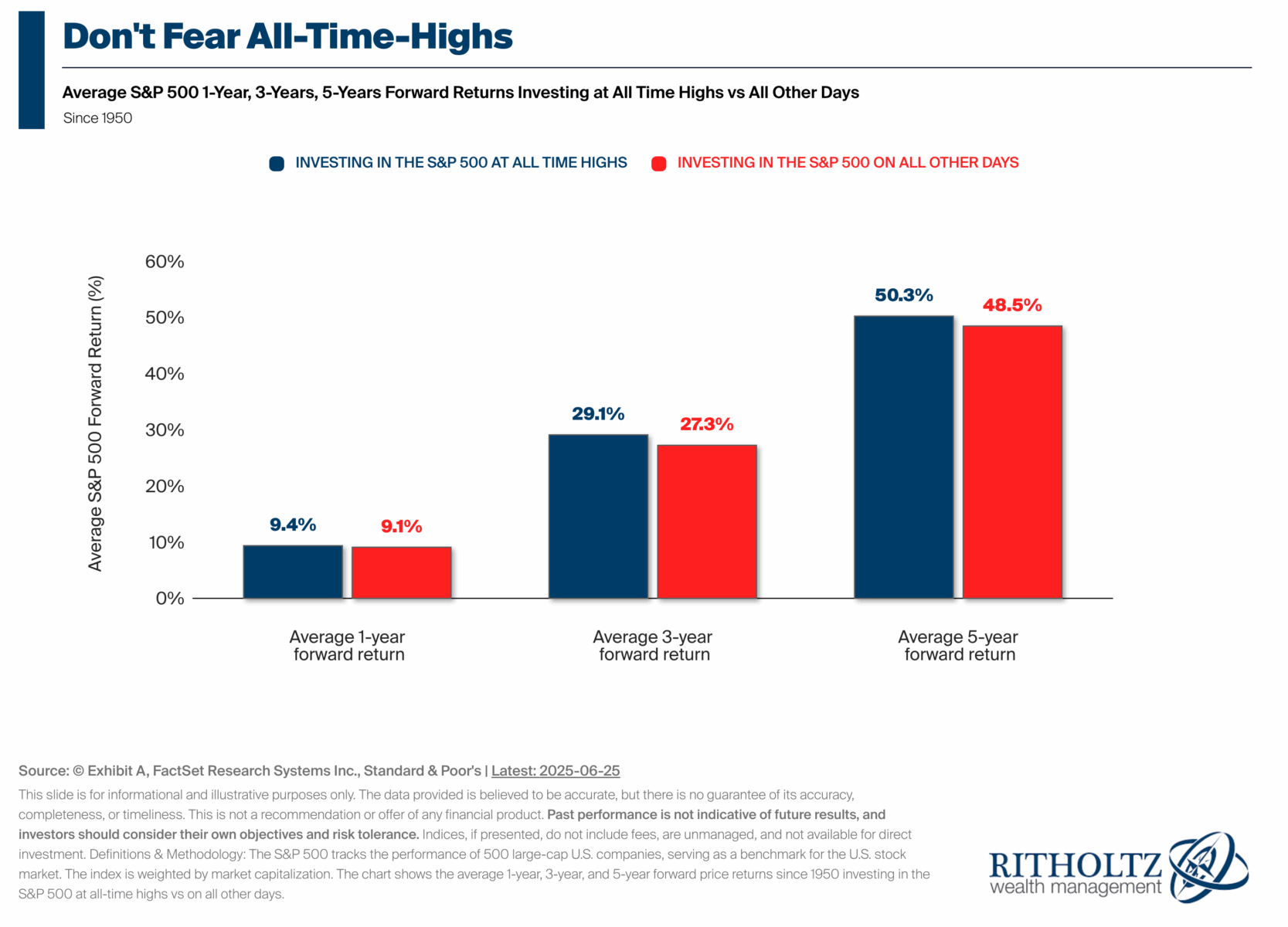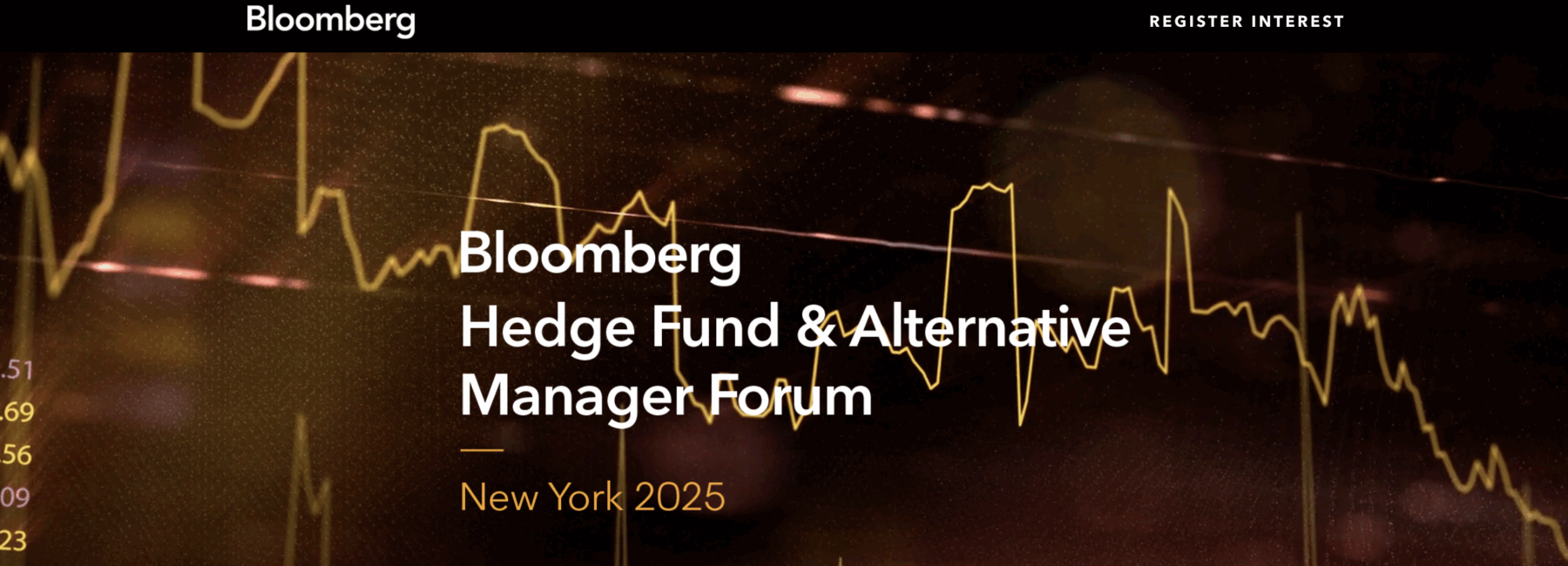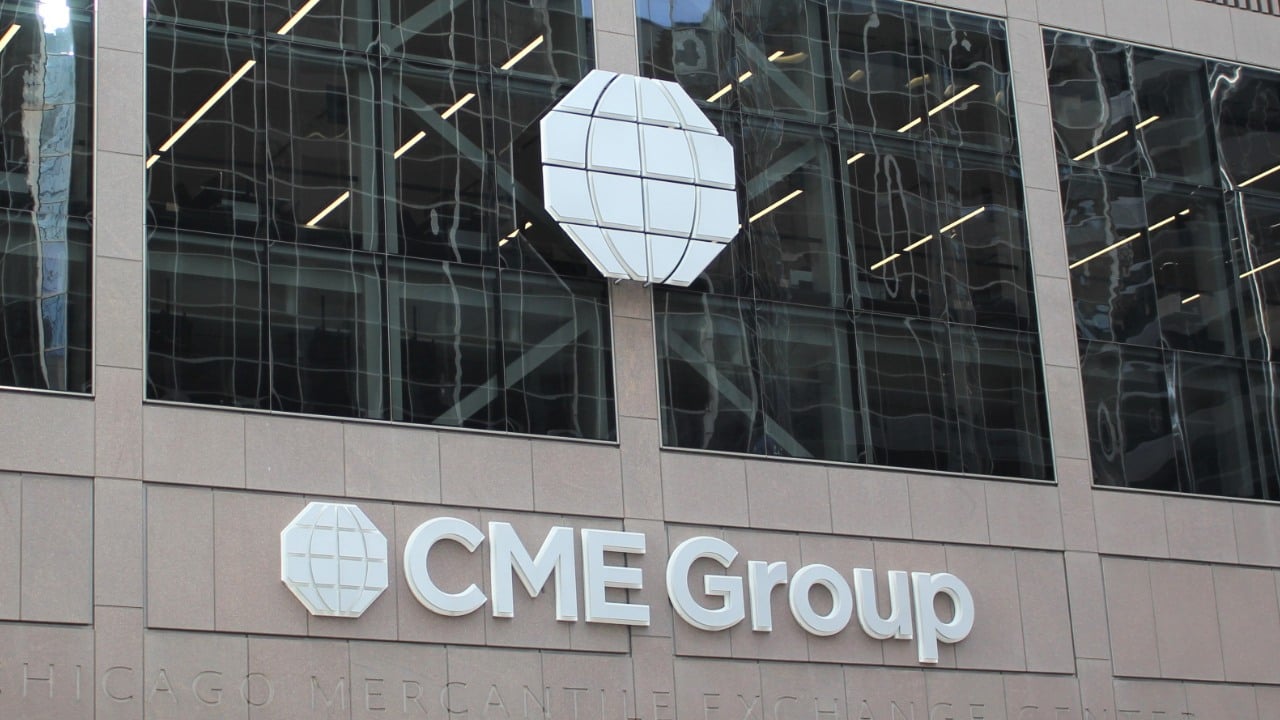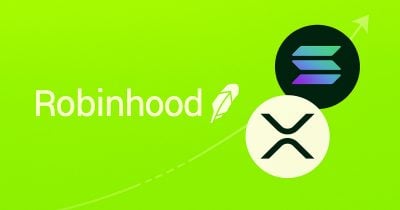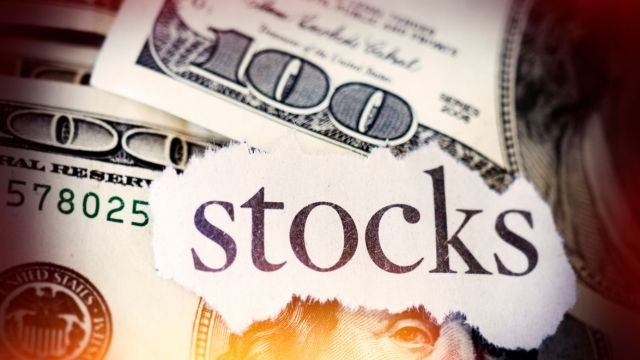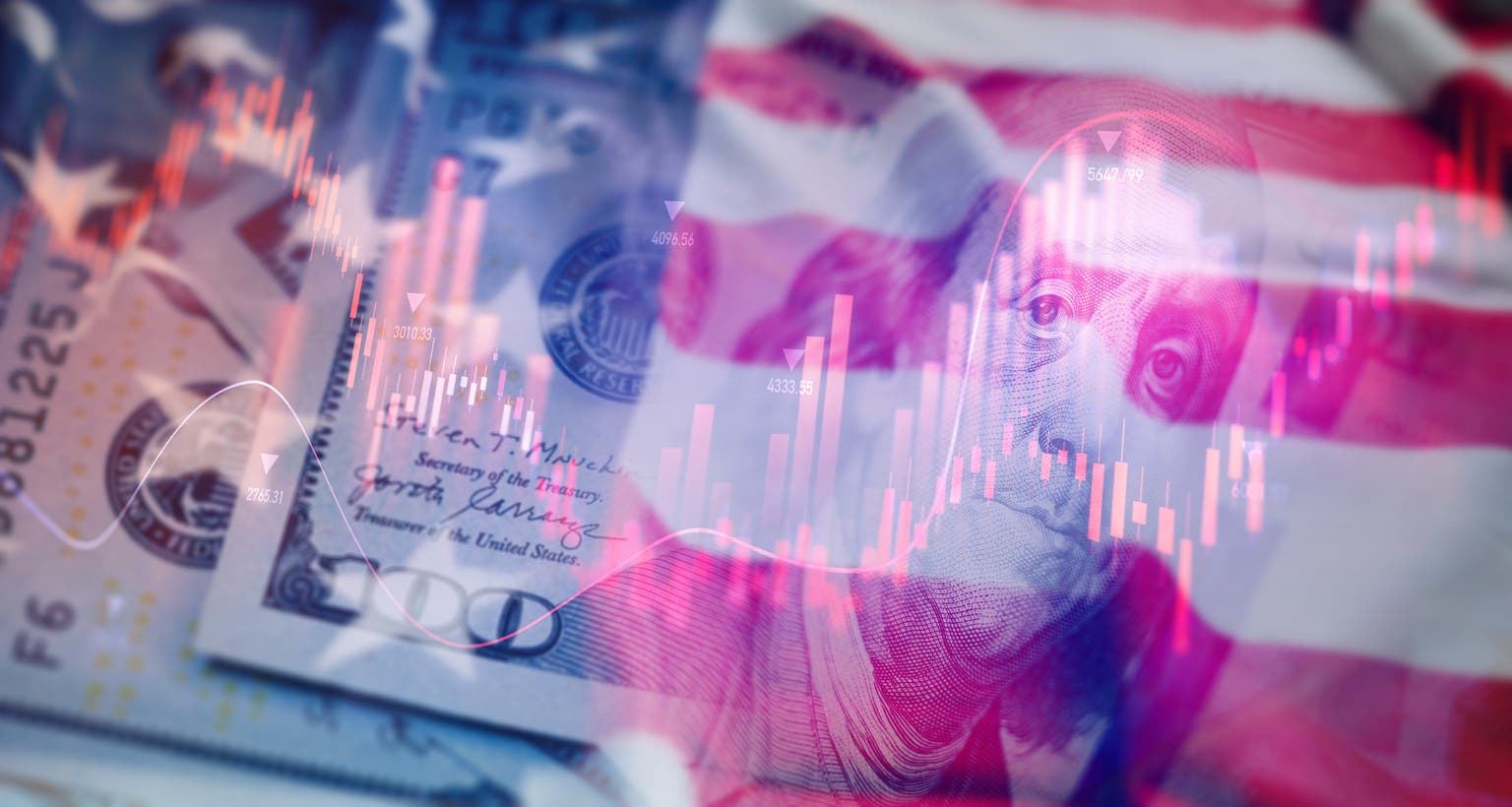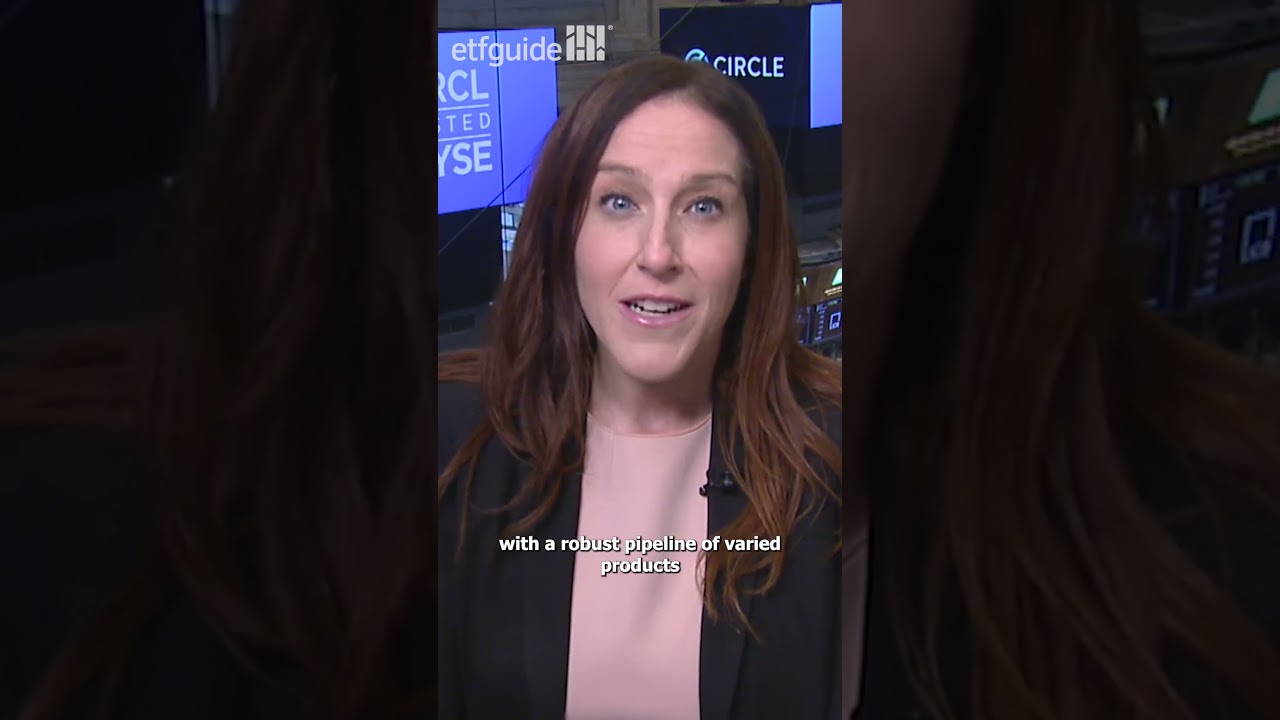DIVO vs. JEPQ: Steady Income or High-Yield Firepower?
Most investors generate passive income from the stock market through dividend stocks and ETFs. However, there is a growing collection of ETFs that boost cash flow by selling covered calls on their positions. These derivatives allow fund managers to realize more cash distributions while limiting their upside if the underlying assets rally. Some investors view […] The post DIVO vs. JEPQ: Steady Income or High-Yield Firepower? appeared first on 24/7 Wall St..
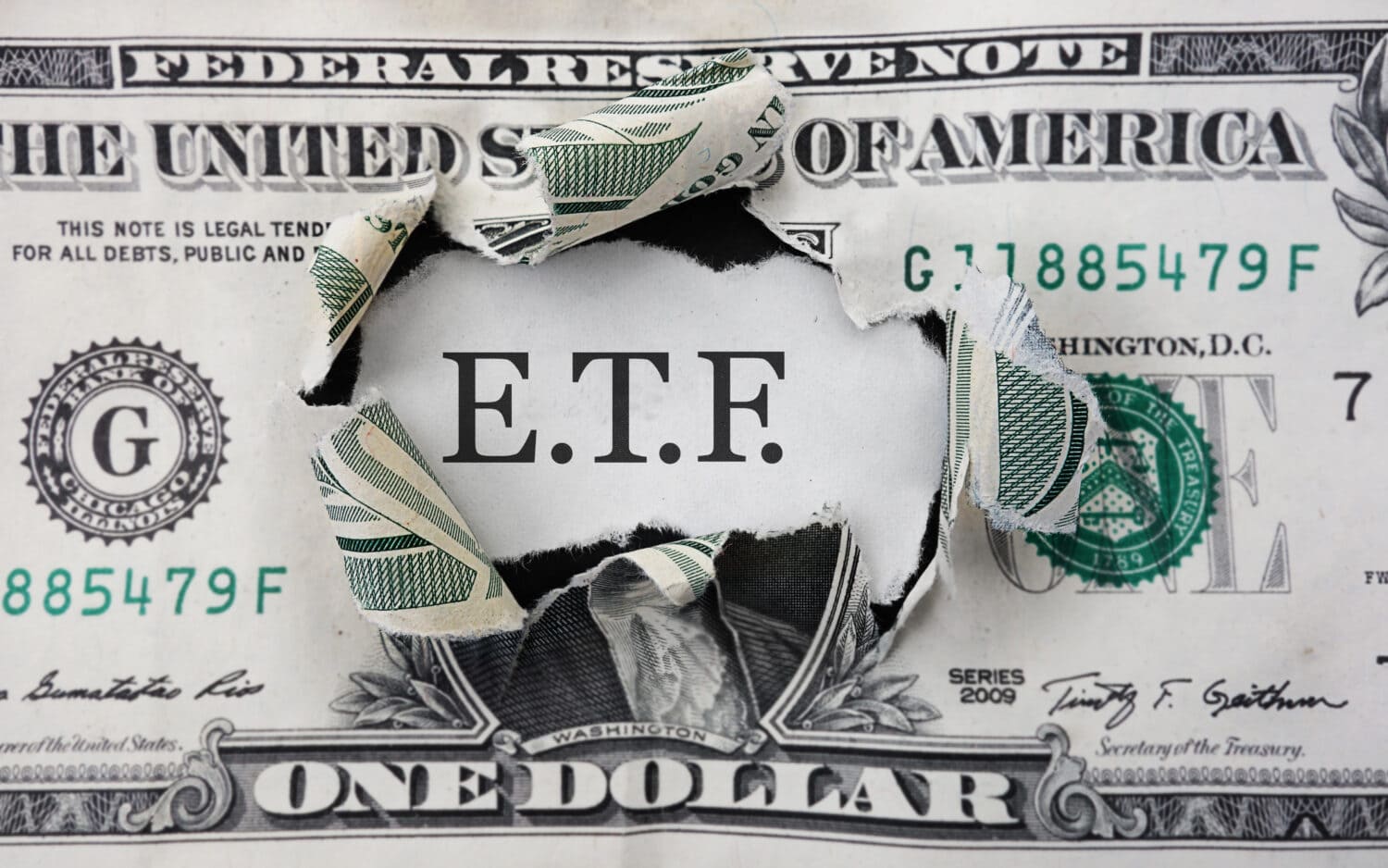
Most investors generate passive income from the stock market through dividend stocks and ETFs. However, there is a growing collection of ETFs that boost cash flow by selling covered calls on their positions. These derivatives allow fund managers to realize more cash distributions while limiting their upside if the underlying assets rally.
Some investors view these types of funds as risk mitigation to counter the sharp swings of the stock market. The Amplify CWP Enhanced Dividend Income ETF (NYSEARCA:DIVO) and JPMorgan Nasdaq Equity Premium Income ETF (NASDAQ:JEPQ) are two funds that offer elevated cash flow.
While some investors load up on both ETFs, there are a few things to consider if you only want to choose one of these ETFs for your portfolio. This analysis will compare each fund’s portfolios, returns, yields, and other details to help you make the right decision.
Key Points
-
DIVO and JEPQ both offer high yields, but which income ETF makes more sense for investors?
-
DIVO is the better choice for most people, but JEPQ is suitable for tax-advantaged retirement accounts and people who want more diversification.
-
Are you ahead, or behind on retirement? SmartAsset’s free tool can match you with a financial advisor in minutes to help you answer that today. Each advisor has been carefully vetted, and must act in your best interests. Don’t waste another minute; get started by clicking here.(Sponsor)
The Portfolios
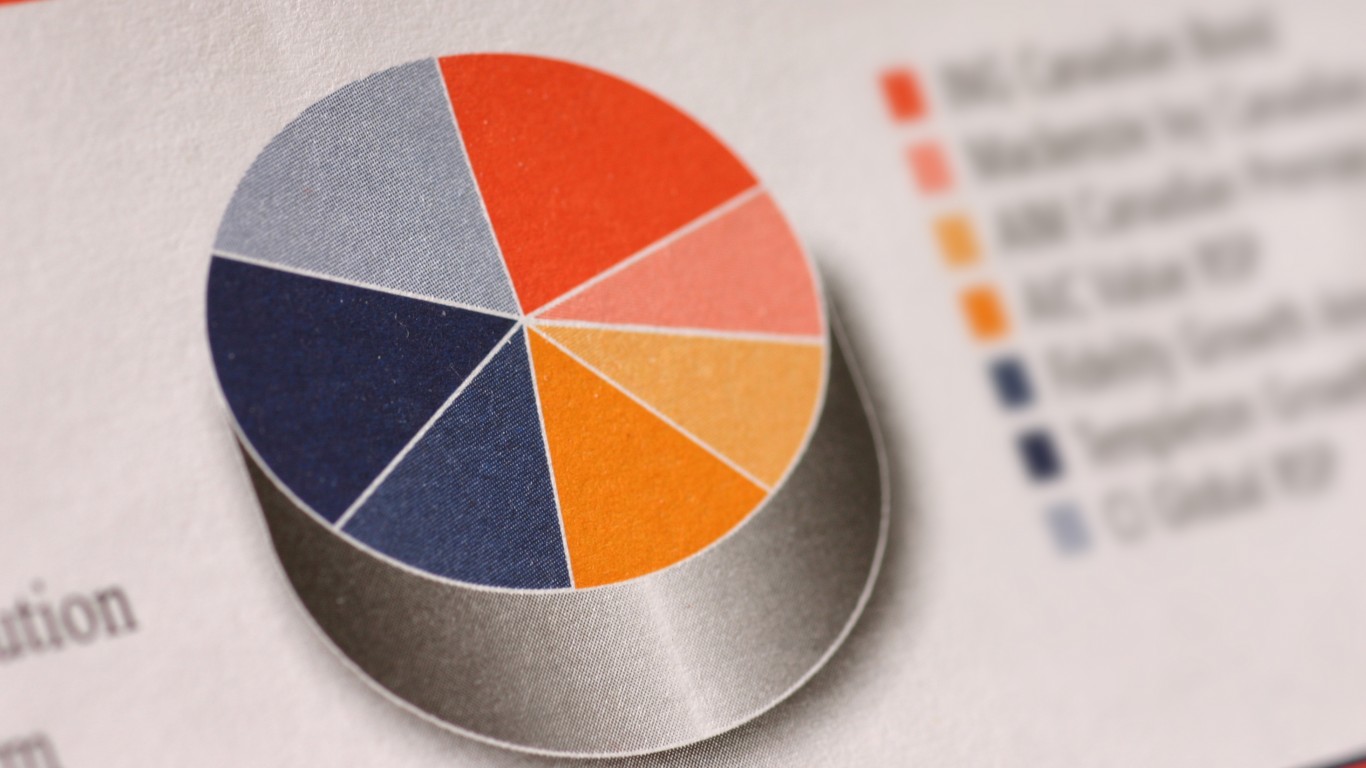
JEPQ is the more diversified fund with approximately 100 stocks. It uses the Nasdaq as a benchmark, which makes it easy to see why the fund is filled with tech stocks. More than half of its total assets are allocated to that one sector, and the Magnificent Seven stocks make big showings in the fund’s top 10 holdings.
DIVO only has two Magnificent Seven stocks and 24 total equity holdings. Its top 10 holdings make up roughly half of its total assets, demonstrating less diversification than JEPQ. Less diversification isn’t always a bad thing, as it comes down to total returns at the end of the day. However, risk-averse investors may want to consider a fund that has more diversification.
Financial services stocks make up 27% of DIVO’s total holdings. Tech is a smaller slice of the pie, only accounting for 16.2% of its total assets.
The Returns

Both funds are hampered by high expense ratios. JEPQ has a 0.35% expense ratio, while DIVO holds a 0.56% expense ratio. They both have high trailing 12-month yields — 11.28% for JEPQ and 4.76% for DIVO — that provide investors with plenty of cash flow.
From a total return standpoint, JEPQ has an edge if you look further back in history, while DIVO has been the recent winner among the two ETFs. For instance, JEPQ’s 3-year annualized 17.1% return tops the 12.2% annualized return DIVO has over the past three years. However, DIVO also has a 5.7% year-to-date return and a 13.0% return over the past year. Those gains are higher than JEPQ’s posted gains during the same time frame.
The Final Verdict

JEPQ has been the long-term winner, but DIVO has been outperforming JEPQ recently. It’s worth noting that some of the cash flow from DIVO is treated as ordinary income, while all of JEPQ’s cash distributions count as ordinary income.
You will face a stiffer tax bill with JEPQ than DIVO. Investing in DIVO may be the better long-term move, but JEPQ may make sense for investors who want more diversification and can store their shares in a tax-advantaged retirement account.
The post DIVO vs. JEPQ: Steady Income or High-Yield Firepower? appeared first on 24/7 Wall St..






































